In the annals of military history, some names shine brighter due to acts of heroism that surpass the call of duty. Don J. Jenkins is one such name, a former United States Army soldier whose bravery in the face of overwhelming danger earned him the Medal of Honor, the highest military decoration in the United States. Jenkins’ story is one of resilience, valor, and an indomitable spirit that has inspired generations of servicemen and women.

Early Life and Struggles: Donald J. Jenkins was born on April 18, 1948, and, like many young men of his time, found himself facing the challenges of a turbulent world. Growing up in Nashville, Tennessee, he dealt with the typical struggles of youth and was shaped by the values and resilience that life instills in those from modest beginnings. This early life would lay the groundwork for the tenacity and courage he would later exhibit on the battlefield.
Military Enlistment and Heroics: Jenkins joined the United States Army in Nashville, Tennessee, motivated by a desire to serve his country. By January 6, 1969, he was stationed in Vietnam as a private first class in Alpha Company, 2nd Battalion, 39th Infantry Regiment, 9th Infantry Division. On that day, his unit found itself in a fierce firefight in Kien Phong Province, Republic of Vietnam. Jenkins’ actions during this encounter were nothing short of extraordinary, as he risked his life repeatedly to engage the enemy, resupply ammunition, and rescue fellow soldiers.
Defining Moment: In the thick of the battle, Jenkins showcased unparalleled bravery. Serving as a machine gunner, he advanced to an exposed position, putting himself in the line of intense fire to provide suppressive coverage. When his machine gun jammed, he quickly secured a rifle, continuing to return fire until his machine gun was operational again. He went back and forth across the open terrain, disregarding the heavy fire around him, to retrieve more ammunition and engage the enemy with different weapons, including antitank rounds and a grenade launcher.
Even after being seriously wounded, Jenkins ignored his injuries, advancing 100 meters under heavy fire to aid pinned-down comrades. Despite the risks and his own pain, he made three trips to pull wounded soldiers back to safety, exemplifying the “above and beyond” spirit for which the Medal of Honor is awarded.
Post-War Life and Career: After the Vietnam War, Jenkins returned to the United States and began adjusting to civilian life. Like many veterans, the transition from a life of combat to one of peace posed its own set of challenges. However, Jenkins' resilience and courage allowed him to forge a fulfilling post-military career. He continued to embody the values of service, responsibility, and dedication that had marked his military career, remaining a revered figure among veterans and a proud example of American heroism.
Military Awards and Decorations: Jenkins’ extraordinary courage in Vietnam was formally recognized in March 1971, when he received the Medal of Honor, the highest military decoration for valor. His Medal of Honor citation speaks to the magnitude of his heroism, noting his “conspicuous gallantry” and the “intrepidity in action” he displayed in a perilous combat situation. Additionally, Jenkins was promoted to the rank of staff sergeant for his exceptional service. His accolades serve as a testament to the extraordinary bravery and sacrifice he demonstrated on behalf of his country.
Don J. Jenkins’ story is a powerful reminder of the courage that resides in the hearts of those who serve. From his early life in Tennessee to his heroics in Vietnam, Jenkins embodied the resilience, dedication, and unyielding spirit that define a true American hero. His legacy continues to inspire those who serve and honor the principles of bravery and selflessness. As a Medal of Honor recipient, Jenkins stands as a beacon of valor, and his story will undoubtedly continue to resonate for generations to come.
